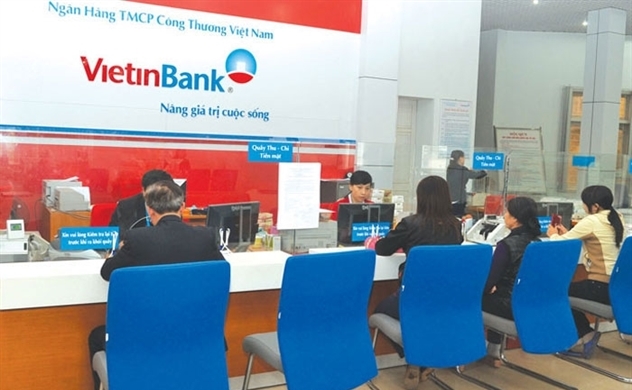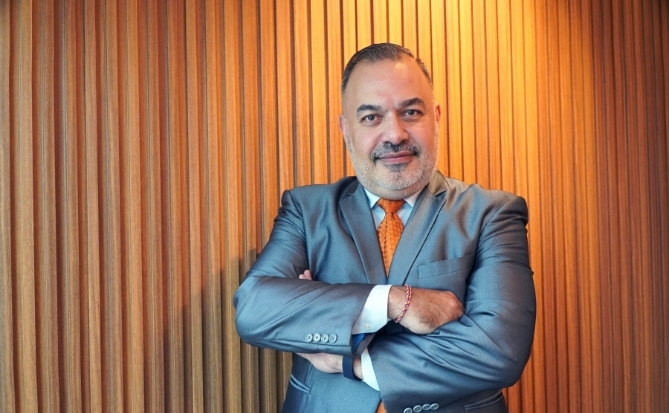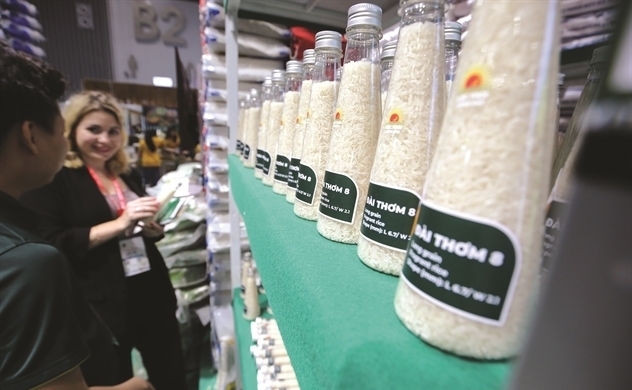Vietnam banks’ total assets reach $520 billion, up 9% year-on-year

Photo: internet
Total assets of state-controlled commercial banks, including three major lenders namely BIDV, VietinBank, and Vietcombank, were reported at over VND5,200 trillion ($224.74 billion), an increase of 7.12% over the beginning of the year and accounting for 43.4% of total assets in the sector, according to the latest report of the State Bank of Vietnam.
Joint stock commercial banks had total assets of a combined VND4,960 trillion ($214.37 billion), an increase of 9.06% compared to the beginning of the year and making up 41.4% of the total assets.
They were followed by joint venture banks and wholly foreign-owned banks with total assets of $54.45 billion, up 11.36%; financial and leasing companies with $8.24 billion, up 13.69%; co-operative banks with $1.46 billion, up 4.15.
As of September 30, total own capital of the banking system reached 38.13 billion, up 9.47% against the beginning of the year, equivalent to an increase of $370.35 million.
As state-owned commercial banks’ growth rate of owners’ equity is higher than that of total assets (9.36% versus 7.12%), the capital adequacy ratio of these lenders increased from 9.52% from the beginning of the year to 9.78% at the end of September.
Meanwhile, growth rate of owners’ equity of joint stock commercial banks was lower than that of total assets (8.06% versus 9.06%), leading to their CAR going down from 11.24% in early 2019 to 10.81% at the end of September.
In terms of short-term capital for mid- and long-term lending, both state-owned and joint stock commercial banks have brought the rate under the acceptable limit of 40% according to law, reaching below 30% and 30.89%, respectively.
This would make the SBV’s request for the banking system, which was regulated in recent Circular No.22, to take such rate to below 30% in 2022 feasible.
Source: HanoiTimes

 TIẾNG VIỆT
TIẾNG VIỆT 

















